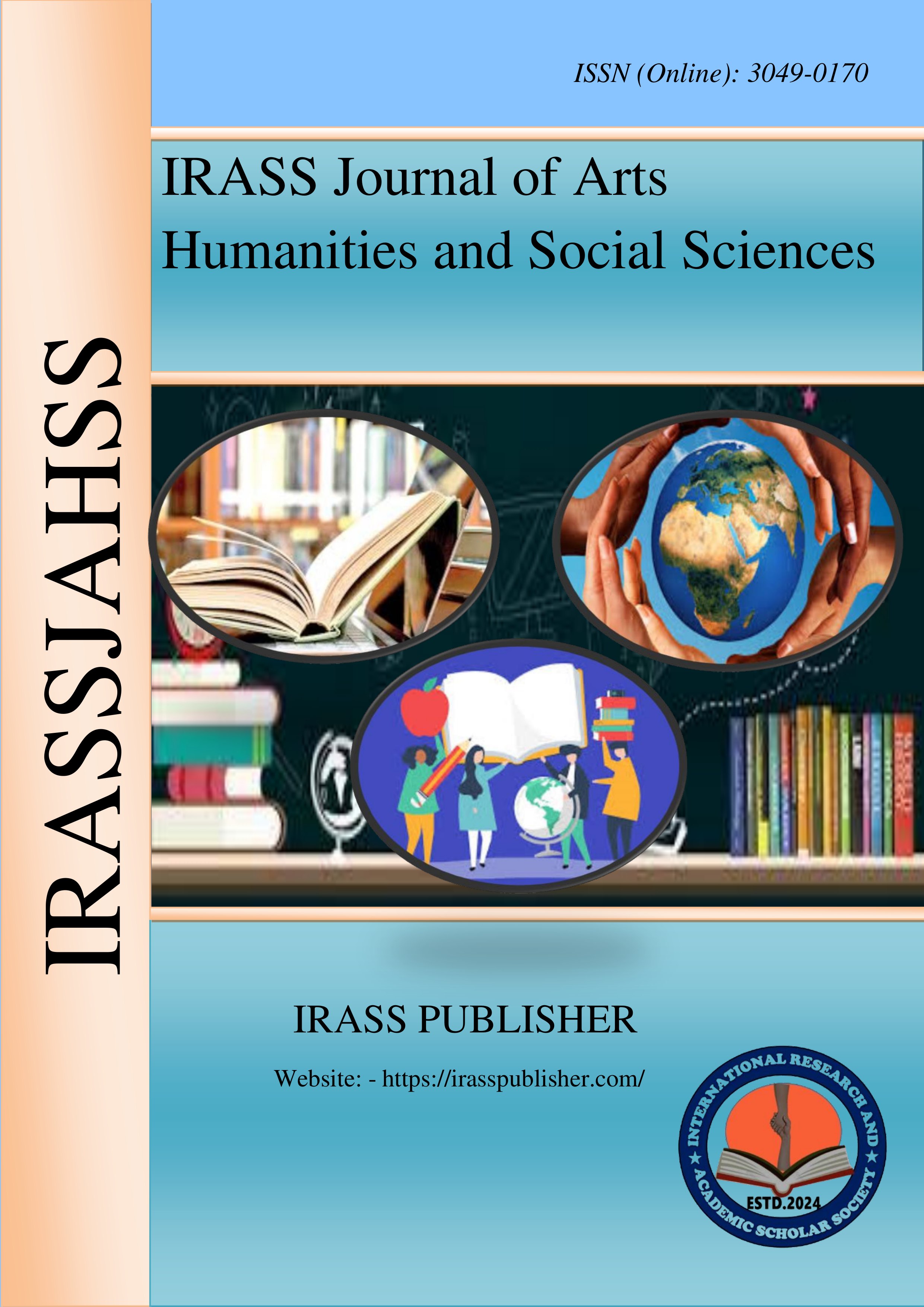ENHANCING RURAL SAFETY IN SOUTH AFRICA: A CRITICAL ANALYSIS OF THE NATIONAL RURAL SAFETY STRATEGY (NRSS)
Sr No:
Page No:
27-34
Language:
English
Authors:
Dr. John Motsamai Modise*
Received:
2025-05-13
Accepted:
2025-05-29
Published Date:
2025-06-02
GoogleScholar:
Click here
Abstract:
This study examines the National Rural Safety Strategy (NRSS) as a comprehensive
framework aimed at enhancing policing and safety in South Africa’s rural areas. It evaluates the
strategy’s implementation pillars, identifies challenges, and provides recommendations for
strengthening rural policing through integrated, community-focused approaches.The purpose is
to evaluate how the strategy addresses the unique challenges of rural crime and security through
integrated, community-focused approaches. The problem addressed is the persistent insecurity
and inadequate policing resources in rural communities, which undermine social stability and
development. Key findings reveal that the NRSS’s emphasis on capacity building, infrastructure
development, governance reform, community involvement, and intelligence-led policing holds
significant promise but faces implementation challenges such as limited resources and
coordination gaps. The study contributes to the academic discourse by filling gaps in rural
policing research and offers practical recommendations for policy and operational
improvements. In conclusion, effective rural policing requires sustained collaboration among
SAPS, traditional authorities, and local stakeholders, supported by ongoing monitoring and
adaptive strategies. Enhancing rural safety not only protects vulnerable populations but also
promotes socio-economic growth and community resilience. This study makes several important
contributions to the field of rural policing and safety in South Africa: Filling Research Gaps: It
addresses the limited academic attention on rural policing by providing an in-depth analysis of
the National Rural Safety Strategy, integrating theoretical and practical perspectives. Policy
Insights: The research offers evidence-based recommendations that inform policymakers and
law enforcement agencies on improving rural policing effectiveness, governance, and
community engagement. Community-Centered Approach: By emphasizing the role of
community involvement and stakeholder collaboration, the study advances understanding of
inclusive security models tailored to rural contexts. Intelligence-Led Policing: It highlights the
critical role of organised crime threat assessments (OCTA) in combating complex rural crime
syndicates, thereby contributing to evolving policing methodologies. Framework for
Monitoring: The study proposes mechanisms for monitoring and evaluating rural safety
interventions, encouraging adaptive and responsive policy implementation. Overall, the study
supports the development of sustainable rural safety solutions that enhance social stability and
economic development in vulnerable communities.
Keywords:
Rural policing,National Rural Safety Strategy, Community policing, Rural safety, Organised crime threat assessment (OCTA), Police capacity building, Governance in rural areas, South Africa, Crime prevention, Intelligence-led policing, Policing infrastructure, Stakeholder collaboration.
Journal: IRASS Journal of Arts, Humanities and Social Sciences
ISSN(Online): 3049-0170
Publisher: IRASS Publisher
Frequency:
Monthly
Language:
English

